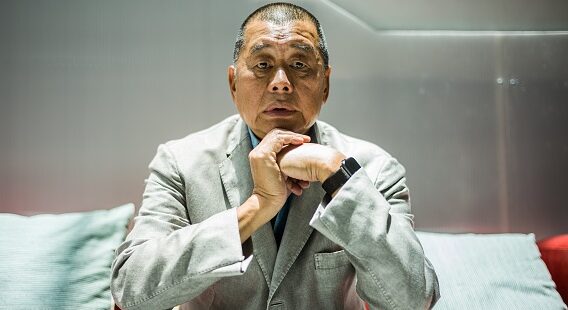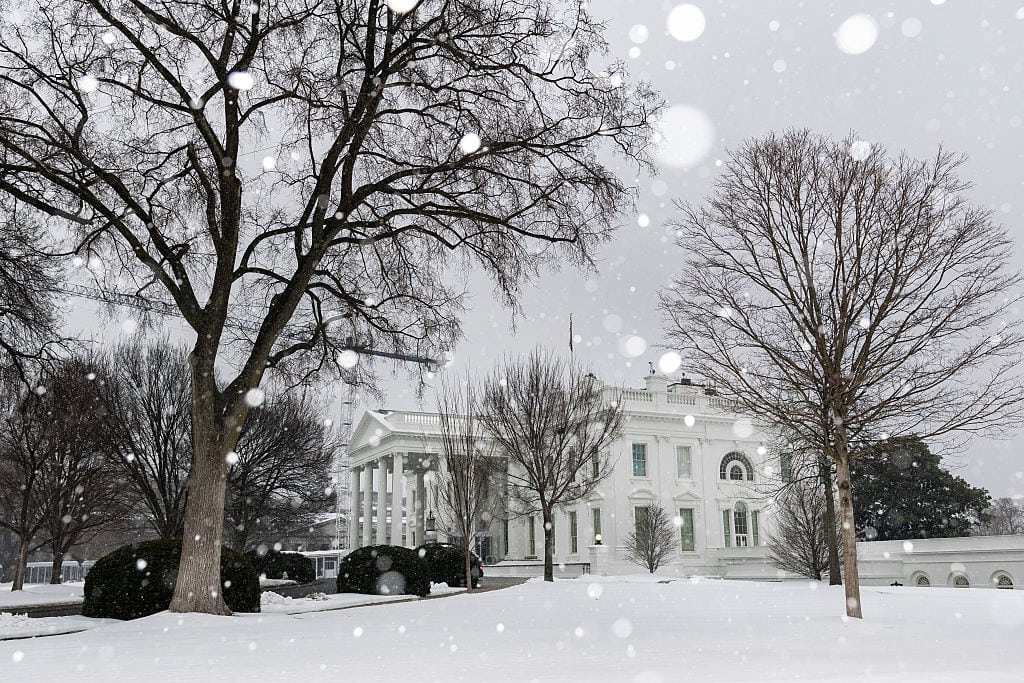Joe Rogan Reflects Culture’s Uneven Search for Answers

Joe Rogan is in the news – a lot.
And he’s likely to be in the headlines all weekend long, if not right up until Election Day.
As America’s number one podcaster with 14.5 million Spotify followers and 17.5 million YouTube subscribers, the New Jersey native’s unlikely rise from childhood magician to crass comedian to national political podcast commentator reflects the ever-evolving national culture.
According to market research, 80% of Joe Rogan listeners are men, and half are between the ages of 18 and 34. Once nicknamed the “Little Ball of Anger” on the nightclub circuit, the popular interviewer is now heralded for his fierce curiosity. He’s also hailed for being a good listener, a critical trait for someone who asks questions for a living.
It’s not that Rogan doesn’t have his own opinions. In fact, he has plenty of them, and they’re sometimes so provocative as to raise eyebrows, incite protests, trigger boycotts – and bring even more listeners to his show.
Since the Joe Rogan Experience show’s inception, the podcaster has expressed support for a litany of horrible and socially catastrophic policy positions – from same-sex marriage to recreational drug use to pornography promoter to universal basic income advocate.
At the same time, Rogan has come out against men competing in women’s sports, saying, “If you care at all about biological women, you should be against that.” He’s called out wokeness in corporate culture, criticized government mandating COVID-19 vaccines – and expressed strong support for the Second Amendment.
He’s also said he has a “love-hate relationship with conspiracies.” He once suggested men didn’t land on the moon. He’s since changed his position.
For this smorgasbord of viewpoints, Rogan has endeared himself to millions.
Perhaps one of the reasons Joe Rogan is revered by so many is because he doesn’t seem to think he’s always right or even necessarily accurate with some of his “hot takes.” He’s suggested he shouldn’t be viewed as a “respected source of information.”
We’re all the product of the lives that have touched ours, and this top podcaster is no exception. Though born in New Jersey, he moved with his mother to San Francisco when he was seven, escaping his violent father. From first performing a magic act on San Francisco’s Fisherman’s Wharf, he tried stand-up, and broke into Hollywood, acting on the sitcom New Radio between 1995 and 1999.
Over the years, Rogan has urged people to “never stay in a bad marriage” – a conviction fortified by his actor friend Phil Hartman’s murder. Working together on News Radio, Hartman confided to Joe that he and his wife were having marital problems, but that he loved their children too much to leave. In 1998, Phil Hartman was killed by his wife as part of a murder-suicide.
Rogan was once so down on marriage that he called it “useless” and quipped, “Marriage is a wonderful institution, but who wants to live in an institution?” He then added, “It is not a lack of love, but a lack of friendship that makes unhappy marriages.”
There is some wisdom in the latter.
Married over twenty years to Jessica, the Rogans have three children, and Joe sings a somewhat different tune.
“Everybody who knows me says there’s, like, me pre-children and post-children,” Rogan told Dave Chappelle. “I’m so much nicer.”
If Joe Rogan’s unevenness sounds familiar, it’s probably because he seems to very much reflect the spirit of the age: Suspicious, cynical, at times profane, curious, sometimes conspiratorial, unsure, emotional – and desperately searching.
Interviewing New York Jets quarterback Aaron Rodgers earlier this year, Rogan reflected:
“I think as time rolls on, people are going to understand the need to have some sort of divine structure to things, some sort of belief in the sanctity of love and of truth, and a lot of that comes from a religion.”
He then added:
“A lot of people’s moral compass and the guidelines that they’ve used and follow to live a just and righteous life has come from religion. And unfortunately, a lot of very intelligent people, they dismiss all the positive aspects of religion because they think that the stories are mere superstitious fairy tales, that they have no place in this modern world; ‘we’re inherently good, and your ethics are based on your own moral compass, and we all have one,’ and that’s not necessarily true.”
Joe Rogan’s megaphone is massive. He’s extremely influential.
Pray for Joe Rogan.
Image credit: Joe Rogan’s YouTube.
ABOUT THE AUTHOR
Paul J. Batura is a writer and vice president of communications for Focus on the Family. He’s authored numerous books including “Chosen for Greatness: How Adoption Changes the World,” “Good Day! The Paul Harvey Story” and “Mentored by the King: Arnold Palmer's Success Lessons for Golf, Business, and Life.” Paul can be reached via email: Paul.Batura@fotf.org or Twitter @PaulBatura
Related Posts

Online Super Bowl Betting Mushrooms, Fueled By Prediction Markets
February 11, 2026

Please Pray for the Release of Jimmy Lai
February 10, 2026

Kalshi, Prediction Markets Make It Easy for Kids to Gamble Online
February 10, 2026

